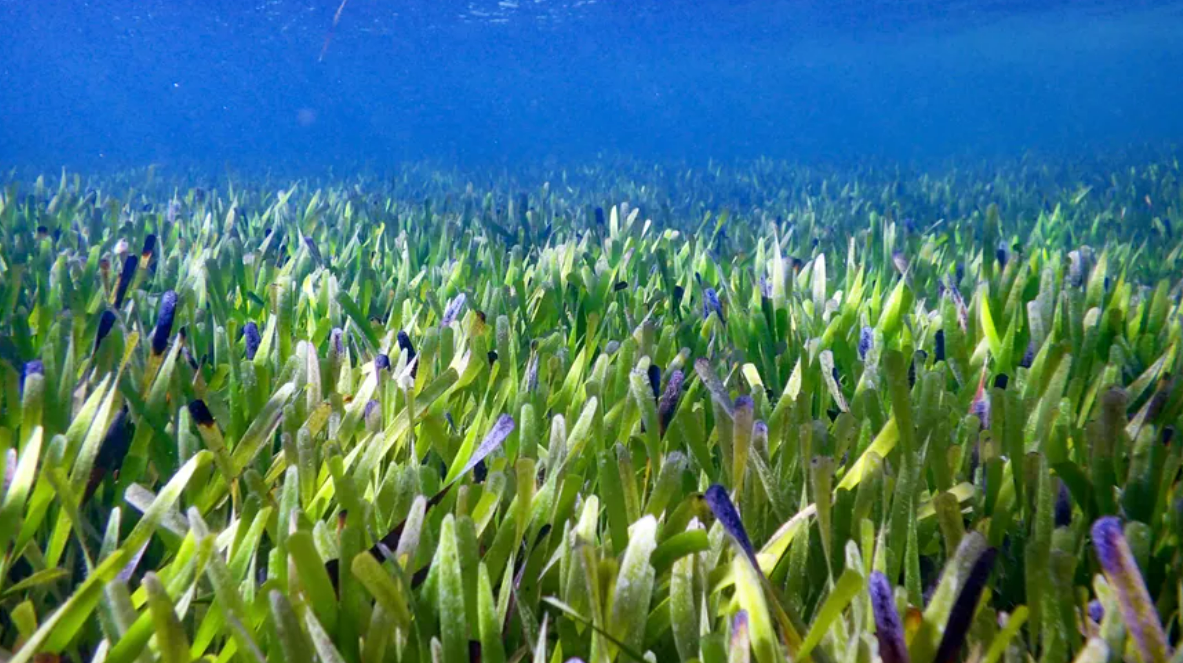Scientists discover self-cloning sea grass that's 'biggest plant on Earth' off Australian coast
A new study revealed that self-cloning sea grass located off the western Australian coast is actually one individual plant, making it the largest ever and the size of the entire city of Cincinnati.
The peer-reviewed study, published Wednesday in the journal, Proceedings of the Royal Society B, examined meadows of sea grass that rested on the ocean floor in Shark Bay coast, located 500 miles from Perth. It was determined that the sea grass has actually been cloning itself for nearly 4,500 years but all that grass is part of one entire plant.
Jane Edgeloe, a University of Western Australia Ph.D. candidate and one of the authors of the paper, wrote that the sea grass is known as Posidonia australis, Poseidon’s ribbon weed. Sea grass is not the same as seaweed, an algae. Edgeloe and her fellow researchers scuba dove to pull up roots from Posidonia in 10 different meadows.
Tests revealed the cloning, with the DNA to all 10 spread-out samples proving to be identical. Edgeloe said 18,000 genetic markers were examined as the team looked for variations in the species.
“Whole genome duplication through polyploidy – doubling the number of chromosomes – occurs when diploid ‘parent’ plants hybridise," said author and biologist Elizabeth Sinclair. "The new seedling contains 100 per cent of the genome from each parent, rather than sharing the usual 50 per cent."

The resiliency of the plant has enticed the researchers most, with it experiencing a broad range of temperatures and salinities in addition to extremely high light conditions that make it difficult for plants to survive over time.
The plant is able to clone itself by creating genetically identical offshoots. That process of reproducing is rare in the animal kingdom yet happens in certain environmental conditions. The process occurs more often among some plants, fungi and bacteria.
The discovery makes the plant arguably the world’s largest living organism, researchers said. Utah’s Pando, a clonal colony of 40,000 aspen trees connected by their roots, had been considered the largest individual plant by stretching to cover about 80 football fields. The Shark Bay clonal sea grass considerably larger, stretching about the size of distance between San Diego and Los Angeles.
The plant currently provides habitat for a wide array of marine species including turtles, crabs, fish, dolphins and other marine mammals.
This article originally appeared on USA TODAY: 'Biggest plant on Earth' found in ocean off the Australian coast
